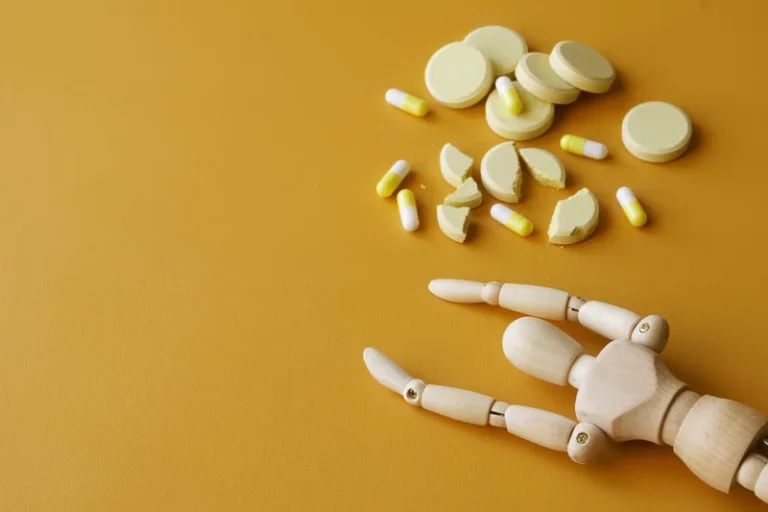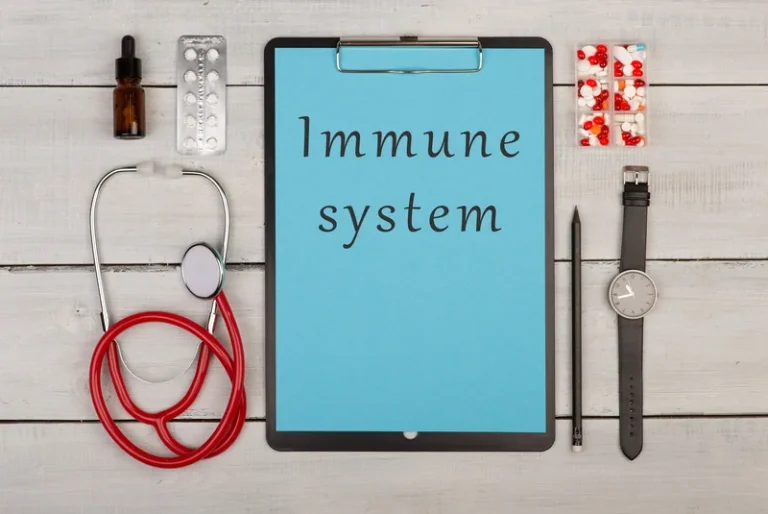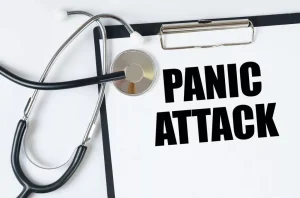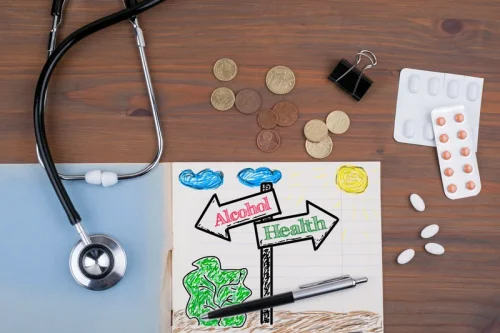Tapering Off Alcohol How To Wean Off Safely

Celebrating successes and staying committed to these goals is vital for long-term recovery. Support groups are particularly beneficial in providing accountability and helping individuals adhere to limits on alcohol intake. They serve as a valuable resource for learning how to navigate social situations without relying on how to stop binge drinking alcohol. The communal aspect of support groups fosters a supportive environment conducive to recovery and long-term sobriety. Expressing concerns to a support network and asking for accountability can reinforce efforts to reduce binge drinking. However, older folks, particularly those aged 65 and up, binge drink as well.
Who Binge Drinks?
This is typically defined as consuming five or more alcoholic drinks for males and four or more drinks for females within about two hours according to the (NIAA). A large-scale study of emergency room patients revealed that young binge drinkers were more likely to be injured than even long-term, heavy-drinking alcoholics. Heavy drinking is defined as having five or more episodes of binge drinking in the past month. Heavy or “risky” drinking also involves drinking more than 14 drinks a week (for men) and more than seven drinks a week (for women).
Is Binge Drinking Considered Alcoholism?
- Gradually reducing the amount of alcohol you drink can help give your body the time it needs to adjust to the lack of alcohol.
- Binge drinking is a type of excessive drinking, where people consume a large quantity of alcohol in a short period of time.
- Binge drinking can lead to serious consequences, so it’s important to learn the facts and risk factors of binge drinking, and how you can get help if you are struggling.
- Checking in via an online alcohol support group is also a great way to practice accountability.
- However, this can exacerbate mental health challenges and lead to a cycle of dependence.
Even older adults can find it harder to turn down “one more drink” when they’re out having fun with friends. And peer pressure doesn’t necessarily come in the form of friends loudly encouraging you to drink more. You might convince yourself that you need to drink to impress someone or fit in with the crowd. This can be particularly true of teens who want to drink to seem older or more mature.
Defining Binge and Heavy Drinking

Fortunately, resources and treatment options are available to help you recover from addiction. Binge drinking can be described as drinking too much alcohol in a short time. Although people commonly binge drink at ages 18-34, it can happen at any age. Understanding your drinking habits can help determine which strategy is best for you. Consider talking to loved ones or a healthcare professional about your drinking problem. Young drinkers tend to use alcohol to break the rules or assert their independence from their parents.
- As you build a tolerance to alcohol, you may find that you need to drink more and more to feel the same effects.
- Understanding the underlying causes of binge drinking is crucial for developing effective prevention and intervention strategies.
- Trusted friends, a support group, members of your spiritual community, or your own coach can help.
- That works out to about five alcoholic drinks for men or four for women in less than 2 hours.
- Reassure yourself that speaking up is a compassionate gesture.
- The chances are especially high for people who drink heavily during their teen years.
Financial Consequences

More research shows that even a single episode of binge drinking can have serious effects on all parts of your body, not just your brain. These costs encompassed various factors such as lost productivity, healthcare expenses, criminal justice expenditures, and other related outlays. Notably, binge drinking alone accounted for a significant https://ecosoberhouse.com/ portion of these costs, specifically 77%, totaling $191 billion. If you’re looking to stop binge drinking, it’s important to know that you’re not alone in your journey. You might be surprised at how many people near you are having similar struggles. Many people find it helpful to share their stories and listen to others who are struggling.

Long-term consequences may involve chronic diseases and ongoing mental health problems. Adolescents, whose brain development and cognitive functions are still evolving, are particularly vulnerable. Take the time to reflect on your drinking habits and patterns. Be honest with yourself about whether binge drinking is a concern for you.
However, not every strategy will work for you, so you’ll have to understand what causes you to binge drink. Find ways to rearrange your life so that binge drinking is no longer at the center of it. Whether or not your quit for good, reducing or eliminating alcohol after extended periods of heavy drinking is really hard. Sometimes we do it to numb ourselves to larger problems we’d rather not face. Other times we do it to escape reality and feel good when we otherwise don’t.

What happens to your body when you stop drinking?
- For young people, particularly college students, here are some additional statistics to think about.
- Or by depressing the gag reflex, which puts a person who has passed out at risk of choking on their own vomit.
- If you’ve been drinking for a long time, you may experience withdrawal symptoms when you quit drinking.
- No matter how you choose to support your loved one’s efforts to stop binge drinking, remember you’re not their therapist.
- Peer support can significantly reduce the frequency of binge drinking episodes.
